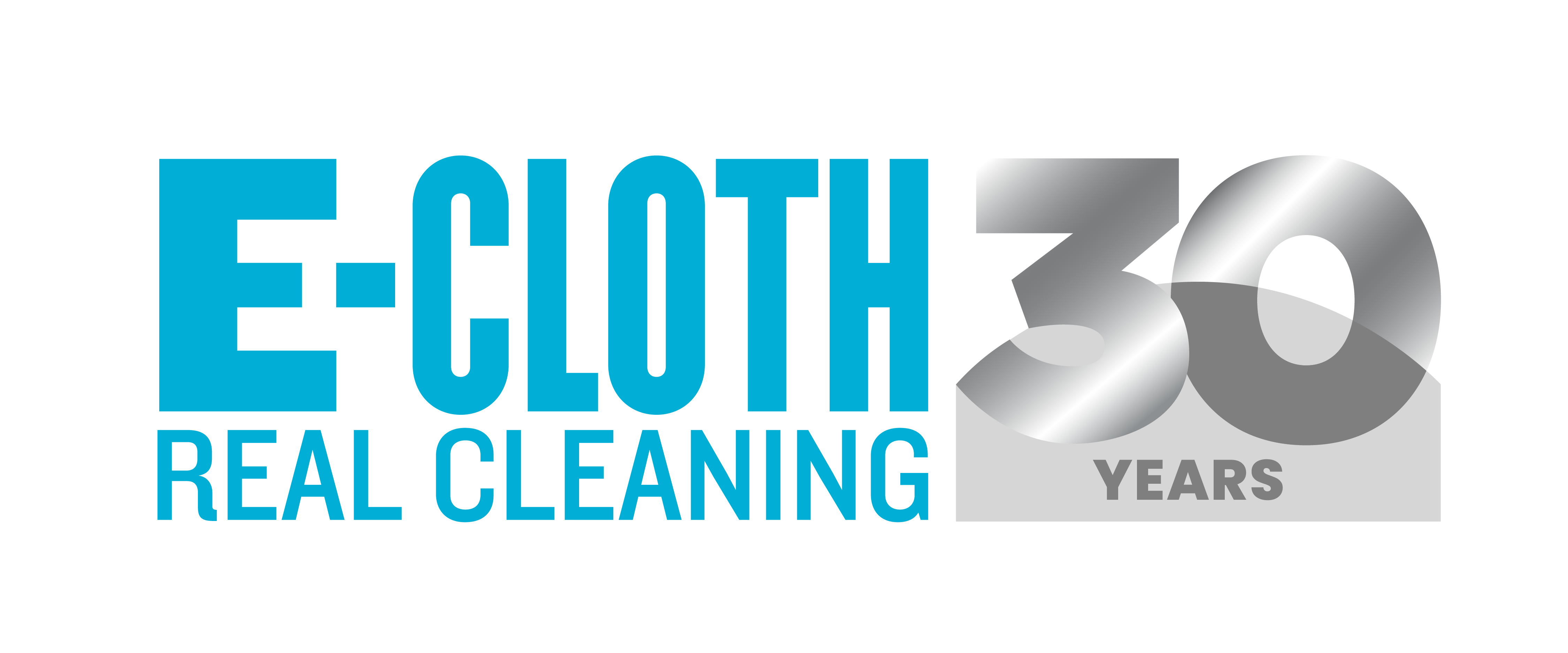Table of content:
How Often You Should Clean Your Trash cans
Consequences of Skipping Trash cans Cleaning
DIY Methods to Clean Your Trash cans
Keeping your trash cans clean is an essential but often overlooked part of maintaining a fresh and healthy home or workspace. Regular cleaning not only helps control odors and prevent unsightly stains, but also reduces the risk of attracting pests and spreading germs. While a monthly deep clean is usually enough for most households, busier environments or warmer seasons may call for more frequent attention. By staying on top of trash can maintenance, you can extend the life of your bins, avoid unpleasant surprises, and ensure your space always feels welcoming.

A Clean You Can See
Our high-performance microfiber products simplify cleaning, making it quick, easy, and effective, so you can enjoy visible results without the fuss. No streaks, just results.
How Often You Should Clean Your Trash cans
How Often to Clean Your Trash Cans
- Monthly Cleaning as a Baseline: For most homes and workspaces, cleaning your trash cans about once a month is sufficient. This frequency helps reduce build-up from spills and residues while keeping odors in check.
- High-Usage Situations: In busy households or office environments where trash is generated in larger amounts, consider cleaning them every 2 to 3 weeks. Heavy or organic waste (like food scraps) can leave sticky residues that develop unpleasant smells more quickly.
- Seasonal Considerations: During warmer months, elevated temperatures can cause liquids and residues to linger, so you might opt for a more frequent wash. A quick check every 2 to 3 weeks can help prevent the environment inside the can from becoming a magnet for pests.
- Odor and Residue Cues: Regularly inspect your trash cans. If you notice noticeable staining, lingering odors, or visible residues, it’s a good signal that a cleaning is due. Trust your senses—if it smells off, it probably needs a rinse.
- Light Maintenance Matters: Even if you’re sticking to a monthly deep clean, consider a brief wipe-down after particularly messy days. This keeps the accumulation of grime to a minimum and makes your monthly cleaning easier.
Streak-Free Wherever You Need It
E-Cloth is committed to delivering a clean you can see—effortlessly erasing messes with just water for a spotless shine, free of streaks and added chemicals.

Consequences of Skipping Trash cans Cleaning
- Odors That Won’t Quit: When you skip cleaning your trash cans, you’re basically inviting a stink party into your home. Even if you use liners, leaks and spills happen. Over time, those little drips and crumbs break down and create a lingering, hard-to-ignore smell that no scented candle can mask.
- Pest Parade: Dirty trash cans are like a five-star buffet for pests. Flies, ants, and even rodents are drawn to leftover food residue. Once they find a food source, they’ll keep coming back—and might even invite their friends. Not the kind of houseguests you want.
- Sticky, Slimy Surfaces: Ever noticed a mysterious sticky patch or slimy film at the bottom of your trash can? That’s the result of decomposing waste and liquid buildup. It’s not just gross—it can make taking out the trash a truly unpleasant chore.
- Unwanted Stains and Discoloration: Over time, unwashed trash cans develop stains that are tough to remove. These aren’t just unsightly—they can also trap odors and make your can look permanently dirty, even after you finally give it a scrub.
- Cross-Contamination Risks: When you toss in things like food scraps, packaging, and who-knows-what-else, bacteria and grime can transfer from the trash can to your hands, the bag, or even the floor. This is especially true if you’re dealing with kitchen waste. Regular cleaning helps keep things under control, so you’re not spreading yesterday’s spaghetti sauce everywhere.
- Shorter Trash Can Lifespan: All that grime and moisture can break down the material of your trash can over time, leading to cracks, warping, or rust (if it’s metal). A little cleaning now and then can help your can last longer, saving you money and hassle in the long run.
- Embarrassment Factor: Let’s be real—nobody wants a guest to catch a whiff of your trash can or spot a trail of mystery goo. Keeping your trash cans clean is a simple way to avoid awkward moments and keep your space feeling fresh.
DIY Methods to Clean Your Trash cans
.svg)
Baking Soda and Vinegar
Sprinkle baking soda inside the trash can, then pour white vinegar over it. Let the mixture fizz and sit for a few minutes. Scrub with a brush, rinse thoroughly with water, and let dry. This combination deodorizes and removes grime naturally.
.svg)
Bleach and Water Solution
Mix one part bleach with nine parts water in a bucket. Pour or spray the solution inside the trash can, scrub with a brush, and let it sit for 5–10 minutes. Rinse thoroughly with water and allow to air dry. This disinfects and removes odors effectively.
.svg)
Lemon Juice and Hot Water
Squeeze the juice of one lemon into a bucket and add hot water. Pour the mixture into the trash can, let it sit for 10–15 minutes, then scrub and rinse. The lemon juice helps neutralize odors and break down grime naturally.
.svg)
Hydrogen Peroxide and Water Spray
Mix equal parts hydrogen peroxide and water in a spray bottle. Spray the solution inside and outside the trash can, let it sit for a few minutes, then scrub and rinse thoroughly. This method disinfects and deodorizes, leaving your trash can clean and fresh.
.svg)
Limited Deep Cleaning
Baking soda and vinegar may not fully remove tough grime, odors, or bacteria from trash cans, providing only surface-level cleaning and missing deep, thorough sanitation needed for persistent stains or buildup.
.svg)
Residual Odor Issues
Even after using a bleach and water solution, stubborn odors may persist in trash cans because the mixture might not fully eliminate deeply embedded smells or organic residues, leaving behind a lingering unpleasant scent.
.svg)
Bacterial Growth Risk
Using only lemon juice and hot water may not fully eliminate bacteria in trash cans, allowing harmful microbes to survive and multiply, increasing the risk of bacterial growth and unpleasant odors.
.svg)
Surface-Level Effectiveness Only
This method may only clean visible dirt and kill some surface germs, but it doesn’t penetrate deep grime or eliminate strong odors, leaving bacteria and smells behind in trash cans.
Ready for an Easier Way to Clean?
Skip the mixing, spraying, and scrubbing. With E-Cloth, you get a streak-free shine using just water—no added chemicals, no hassle. Make every window sparkle the simple way.
Explore other Articles
Headphones
Learn how often to clean your headphones for optimal sound and hygiene. Simple tips to keep them fresh and lasting longer.
Bookshelves
Discover the ideal frequency to clean your bookshelves for a dust-free, organized, and fresh home library.
Jeans
Discover the ideal frequency to clean your jeans for lasting style, comfort, and fabric care. Keep them fresh and durable!
Range hood filter
Learn how often to clean your range hood filter for optimal kitchen air quality and appliance efficiency. Keep it fresh and safe!
Washing machine
Learn how often to clean your washing machine for optimal performance and freshness. Keep your laundry fresh and your machine efficient!
Garage floors
Discover the ideal frequency for cleaning your garage floors to keep them spotless and well-maintained year-round.
Experience Real Cleaning
A Clean You Can See
Experience Real Cleaning


